Tidbits - September 4, 2014
Portside
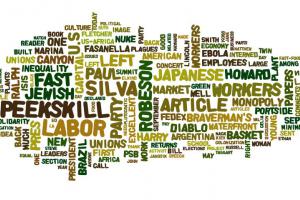 Reader Comments - Fast Food Workers; Ralph Fasanella; US-Africa Leaders Summit; School's Back and Growing Inequality; Twin Plagues of ISIS and Ebola; Diablo Canyon Nuke Plant; Brazil's Elections; Argentina; Victory for Market Basket Workers and Consumers; Fed-Ex Workers Can Organize; New Culture on the Left;
Call for papers on Harry Braverman's Labor and Monopoly Capital;
Today in History - Paul Robeson Returns to Peekskill; Jewish Woman Among the Interned Japanese
Reader Comments - Fast Food Workers; Ralph Fasanella; US-Africa Leaders Summit; School's Back and Growing Inequality; Twin Plagues of ISIS and Ebola; Diablo Canyon Nuke Plant; Brazil's Elections; Argentina; Victory for Market Basket Workers and Consumers; Fed-Ex Workers Can Organize; New Culture on the Left;
Call for papers on Harry Braverman's Labor and Monopoly Capital;
Today in History - Paul Robeson Returns to Peekskill; Jewish Woman Among the Interned Japanese


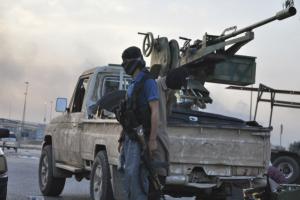
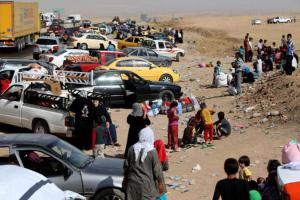
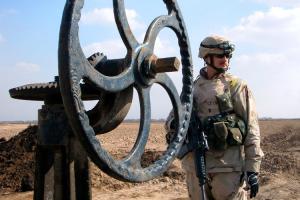
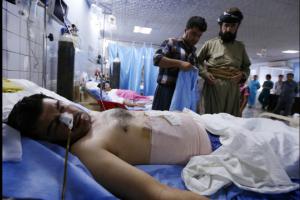

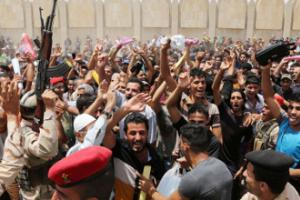
Spread the word